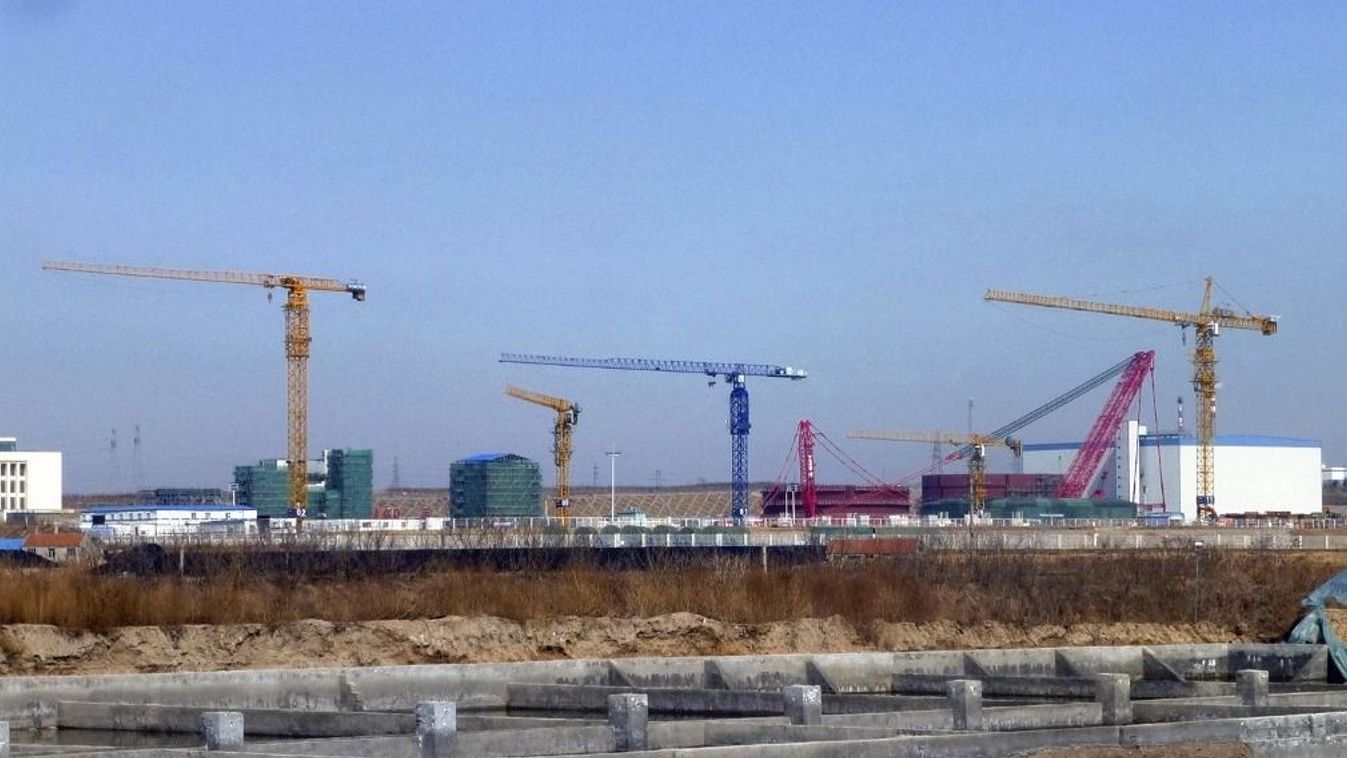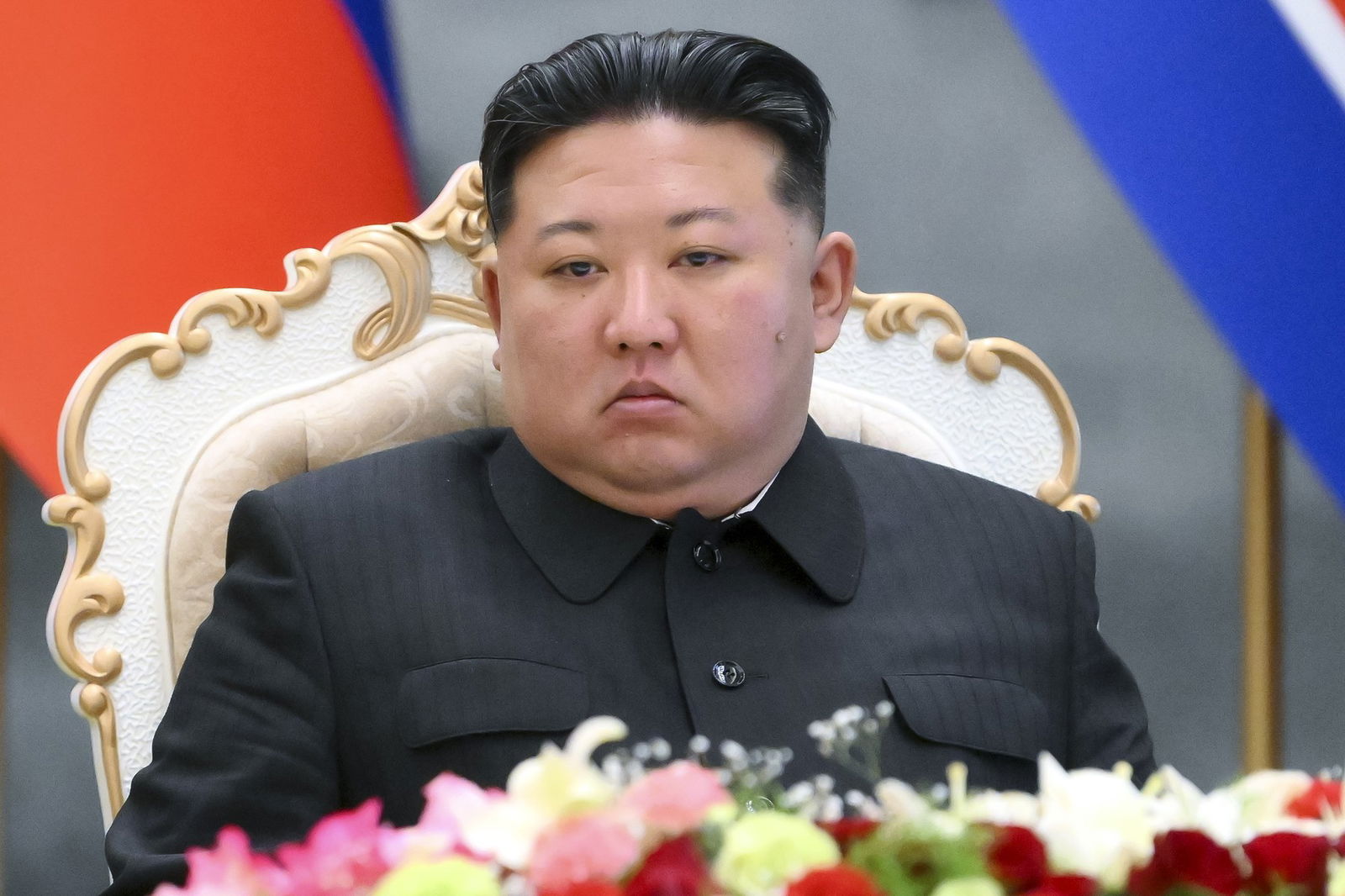Due to geopolitical tensions, central banks managing trillions of dollars in foreign exchange reserves are increasing their gold reserves, and more than two-thirds of the 83 central banks surveyed in HSBC’s Reserve Management Trends Survey expect their peers to follow suit.
Gold is considered a safe-haven asset in uncertain times, and central banks are increasingly buying it: in 2022, gold purchases increased by 152 percent to 1,136 tons annually, according to reports. financial times.
Geopolitical risk was rated by the reserve managers interviewed as one of the top concerns, and more than 40 percent of them rated it as one of the main risk factors.
Consequently, many central banks shift their asset portfolios due to tensions such as the Russian invasion of Ukraine and the deterioration of US-China relations. Secret gold reserves are a good haven for central banks.
Russia’s recent all-out invasion prompted the US, UK and EU to impose financial sanctions on Moscow, prompting central banks outside the alliance to rethink where they keep their reserves. Gold was also considered an effective hedge against high inflation, a major concern for more than 70 percent of respondents.
Another important finding of the survey is that the majority of respondents believe that the Chinese renminbi will constitute the largest part of international reserves in the next decade.
Most of the world’s central banks are quite secretive about where they keep their gold reserves.
Cover image: Getty Images.












































